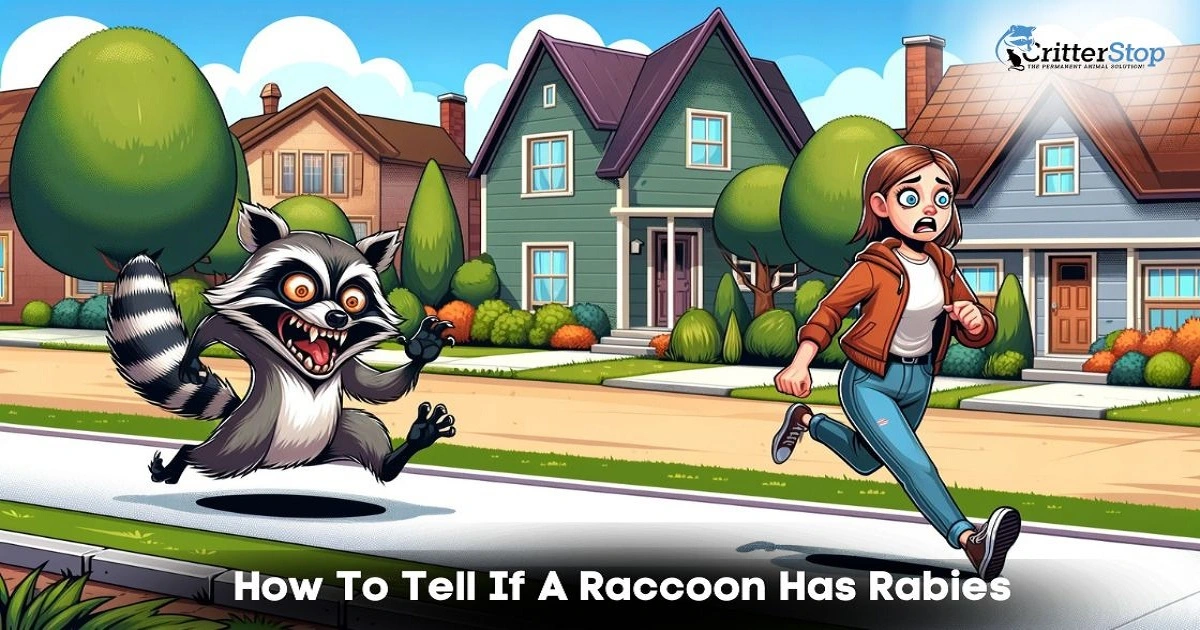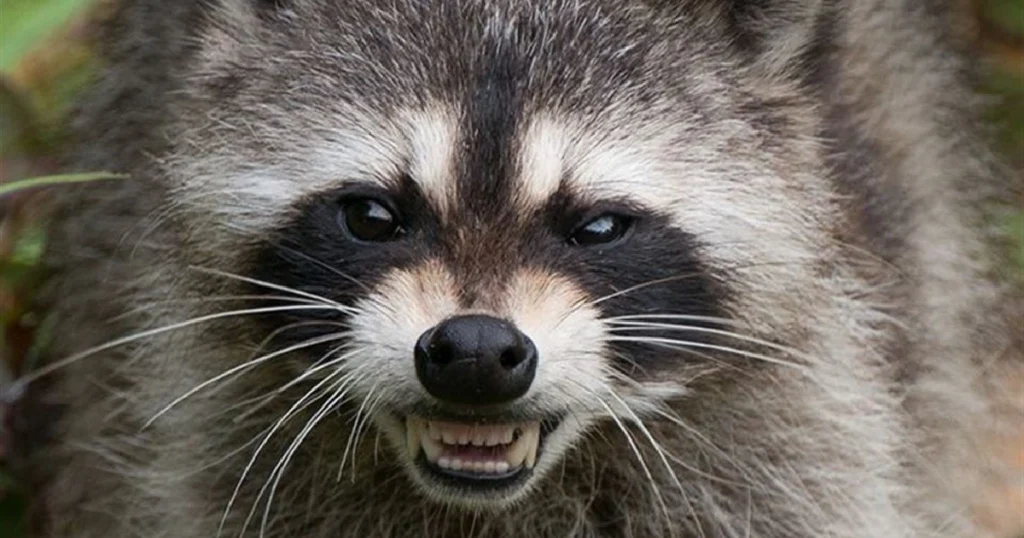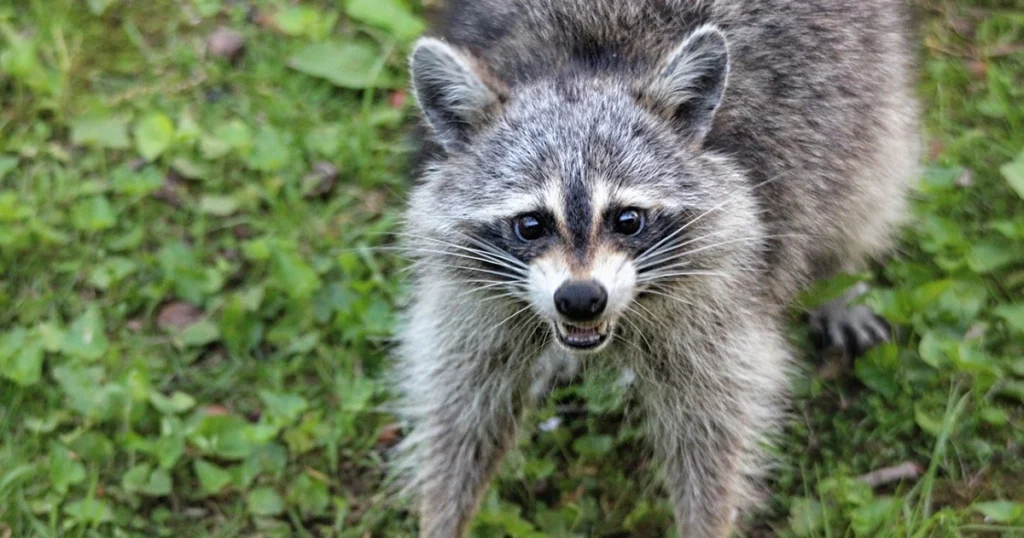
Rabies is a serious viral disease that affects mammals, including raccoons. Knowing if a raccoon has rabies is crucial for your safety and wildlife's well-being. This comprehensive guide will delve into the key indicators that can help you determine if a raccoon is infected with rabies.
Before we delve into the specific signs of rabies in raccoons, let's first understand what rabies is. Rabies is a viral infection that affects the central nervous system of mammals, including humans. It is typically transmitted through the saliva of infected animals, most commonly through bites.
One of the primary indicators of rabies in raccoons is unusual behavior. Infected raccoons may display erratic behavior such as aggression, disorientation, and unprovoked attacks. If you encounter a raccoon that is unusually aggressive or exhibits strange behavior, it could be a sign of rabies.

Another common sign of rabies in raccoons is foaming at the mouth. This occurs due to paralysis of the throat and jaw muscles, leading to excessive drooling and foaming. If you observe a raccoon with foamy saliva around its mouth, it's essential to exercise caution and avoid approaching the animal.
Raccoons are nocturnal creatures, so seeing them active during the day can be a cause for concern, especially if they appear disoriented or exhibit abnormal behavior. Rabies can disrupt the natural behavioral patterns of raccoons, causing them to be active during daylight hours.
In addition to behavioral changes, rabid raccoons may also display physical symptoms such as weakness, paralysis, and difficulty walking. These symptoms can vary depending on the stage of the infection, but any noticeable physical abnormalities should be taken seriously.
If you encounter a raccoon that you suspect may be infected with rabies, it's crucial to exercise caution and avoid direct contact with the animal. Keep a safe distance and avoid provoking or antagonizing the raccoon. Contact local wildlife authorities or animal control professionals to handle the situation safely.

When dealing with potential cases of rabies in raccoons, it's crucial to take swift and decisive action. Here are some steps you can take to address the situation effectively:
Identifying and addressing signs of rabies in raccoons is essential for public health and safety. Knowing how to recognize the behavioral and physical indicators of rabies and taking appropriate action can help prevent the spread of this deadly virus in your community.
Remember, if you encounter a raccoon you suspect may be infected with rabies, contact local authorities immediately and avoid direct contact with the animal. By working together, we can help protect both humans and wildlife from the dangers of rabies.
For professional humane wildlife removal services, consider contacting Critter Stop at (214) 234-2616 for a free inspection. Critter Stop has a fantastic reputation, and customer reviews online because it provides high-quality work and great customer service.
As experts in pest control and wildlife management, we understand the importance of identifying signs of rabies in raccoons for the safety of both humans and wildlife. Below are answers to frequently asked questions about recognizing and handling rabid raccoons.
Recognizing signs of rabies in raccoons includes observing unusual behavior like aggression, disorientation, and foaming at the mouth. If a raccoon displays these symptoms, it's crucial to exercise caution and contact local wildlife authorities immediately.
The most common rabid raccoon behavior includes aggression, disorientation, and daytime activity. Rabies can cause raccoons to exhibit erratic behavior and may lead to unprovoked attacks on humans or other animals.
If you encounter a foaming rabid raccoon, staying calm and avoiding approaching the animal is essential. Keep a safe distance and contact local wildlife authorities or animal control professionals for assistance. Do not attempt to handle or interact with the raccoon yourself.
Identifying rabies in raccoons in the wild involves observing their behavior and physical symptoms. Look for signs such as aggression, foaming at the mouth, and unusual daytime activity. If you suspect a raccoon may be infected with rabies, contact wildlife authorities for further evaluation and assistance.
For professional wildlife removal services and assistance with rabies prevention, contact Critter Stop at (214) 234-2616 for a free inspection. Critter Stop is your trusted partner in humane pest control solutions.
Visit our Critter Library and learn more about our furry friends